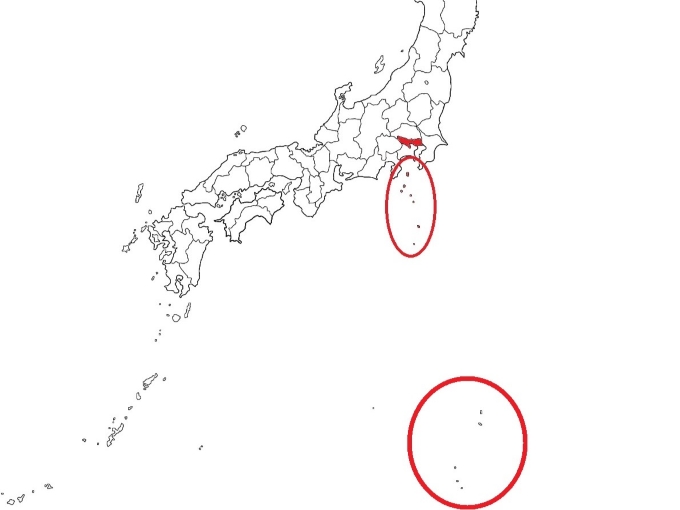Contents
1.Basic Information
In the southern part of the Izu Islands, there are islands like Mikurajima, Miyakejima, and Hachijojima, each with its own natural beauty and culture. Further south, the Ogasawara Islands are located about 1,000 km away from Tokyo and have never been connected to any continent, allowing for a unique ecosystem. These islands were registered as a World Natural Heritage site in 2011.
Miyakejima
Oyama, with an elevation of 775 meters, is an active volcano. There was a significant eruption in 2000, and the mountain has since been covered with lava, eliminating the forest that once thrived there. Due to the risk of eruptions, the area around the summit is off-limits.
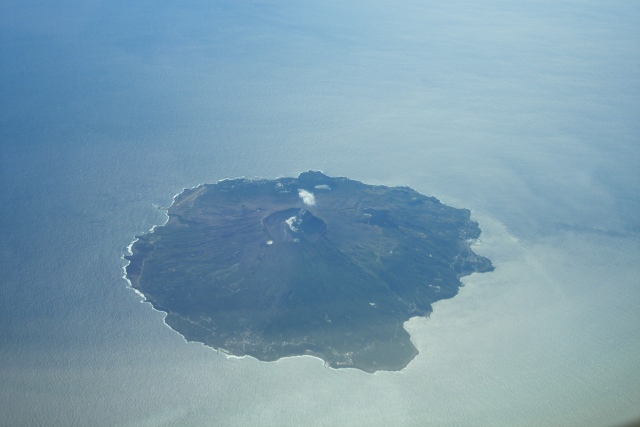
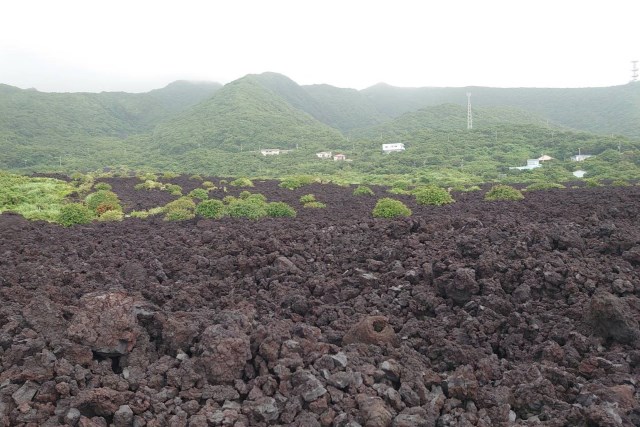
Mikurajima
Mikurajima is located about 190 km away from Tokyo and is an island covered with beautiful primary forests. Dolphin-watching is particularly famous, and you can encounter wild dolphins all year round. However, the waves are often high, and boat cancellations are frequent, so a flexible travel plan is necessary.
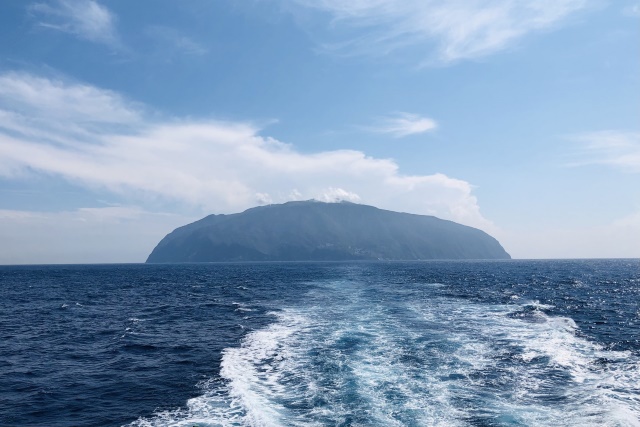
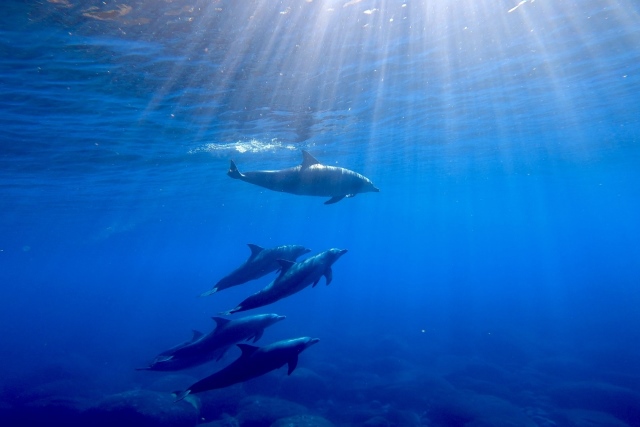
Hachijojima
Hachijojima is a 55-minute flight from Tokyo and offers a convenient taste of beautiful southern islands. With palm trees and colorful flowers, the island also offers local cuisine and local sake. Once an island for exiles, exploring its historical streets is recommended. The summit of the mountain, called Hachijo Fuji, has a unique sunken crater offering a 360-degree panoramic view.
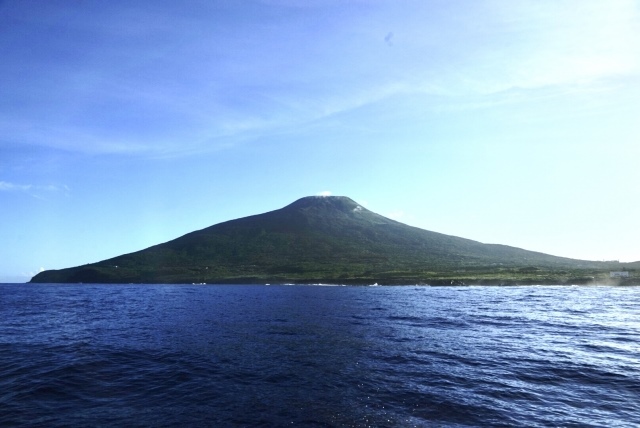
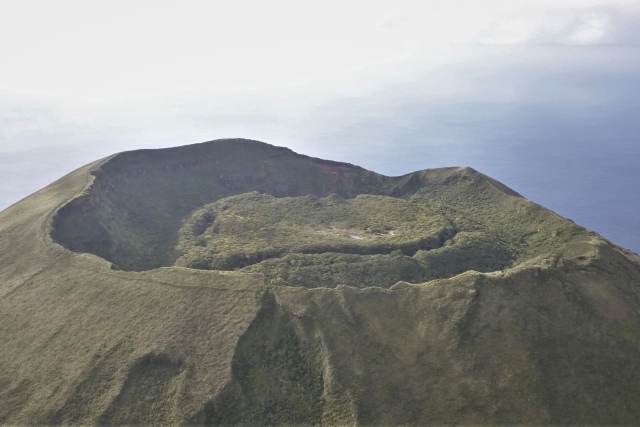
Chichijima
Chichijima is in the Ogasawara Islands and has a unique landscape and beautiful oceanic scenery, hosting a variety of creatures like humpback whales, dolphins, green turtles, coral reefs, and tropical fish. Particularly, Chichijima is the center of the Ogasawara Islands, with about 2,000 residents. It is the main tourist hub with regular routes to the mainland.
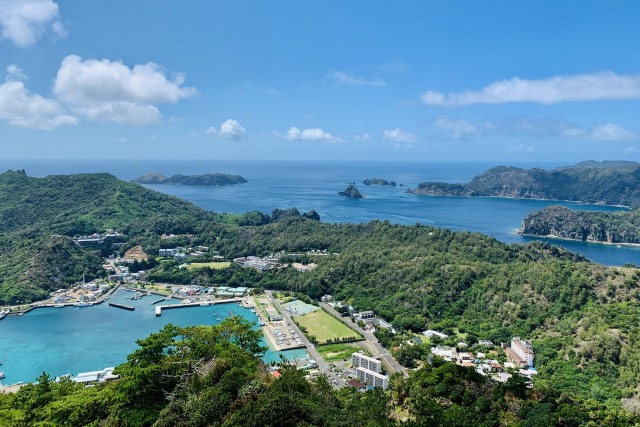
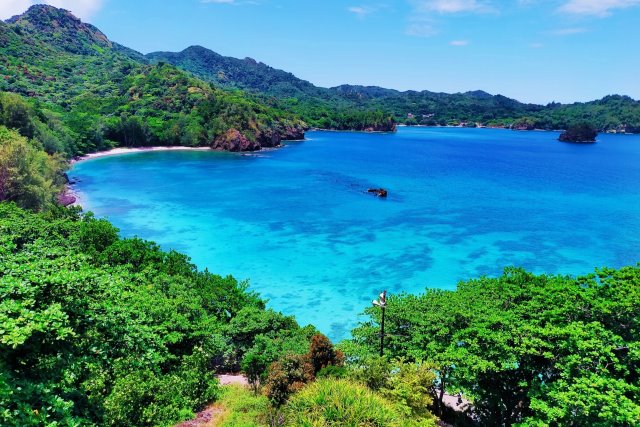
Hahajima
Hahajima is located about 50 km south of Chichijima, with about 450 residents. The only form of transportation is a boat from Chichijima, so extra time is needed when planning a visit.
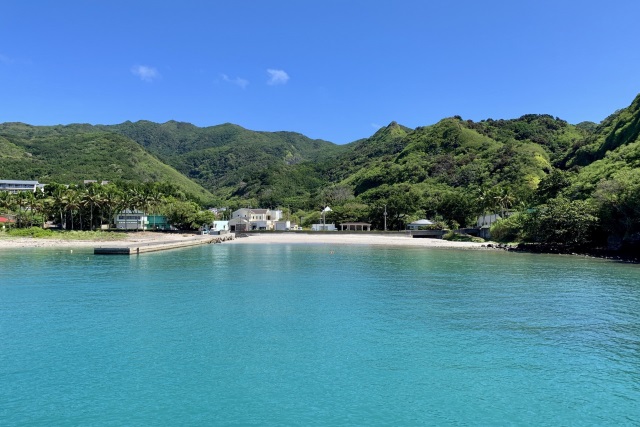
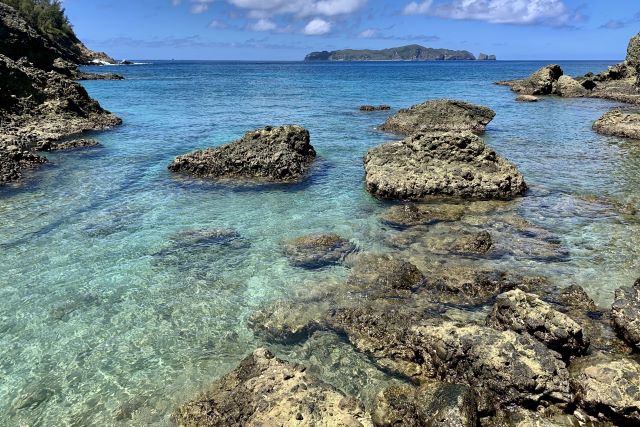
2.Reviews
Whale Watching in Ogasawara
The Ogasawara Islands are a paradise for whale watching. Humpback whales can be seen frequently from December to May. On the other hand, sperm whales are recommended from May to November. Local tour companies offer half-day or full-day whale-watching tours, where you can experience whales up close. If you’re lucky, you may also spot whales while traveling on the regular ship “Hahajimamaru” between Chichijima and Hahajima.
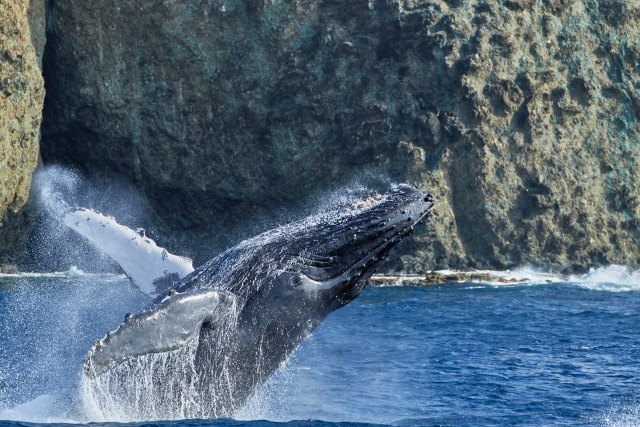
Farewell to Fishing Boats in Chichijima
The send-off of the Ogasawara Maru is truly worth seeing. While some people wave from the shore, some even dive into the water to say goodbye. What’s most incredible is that tourist and fishing boats accompany the Ogasawara Maru. In the finale, people even jump from the accompanying boats, making it a breathtaking moment. This send-off makes many people think, “I want to come back.”
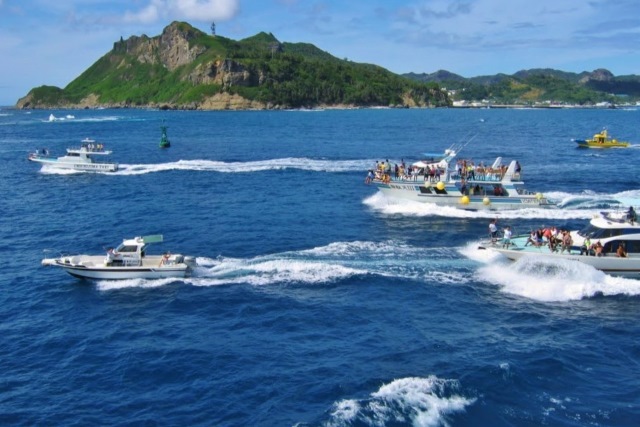
3.Local Food



4.Transportation Information
■ How to Get to the Izu Seven Islands
Official site of Tokyo Prefecture (English, Korean, Simplified Chinese, Traditional Chinese)
https://www.tokyoislands-net.jp/islands/access
Tokai Kisen Official Site (English, Korean, Simplified Chinese, Traditional Chinese)
https://www.tokaikisen.co.jp/
ANA Official Site (Multilingual)
https://www.ana.co.jp/
■ How to Get to the Ogasawara Islands
Ogasawara Kaiun Official Site (English)
https://www.ogasawarakaiun.co.jp/
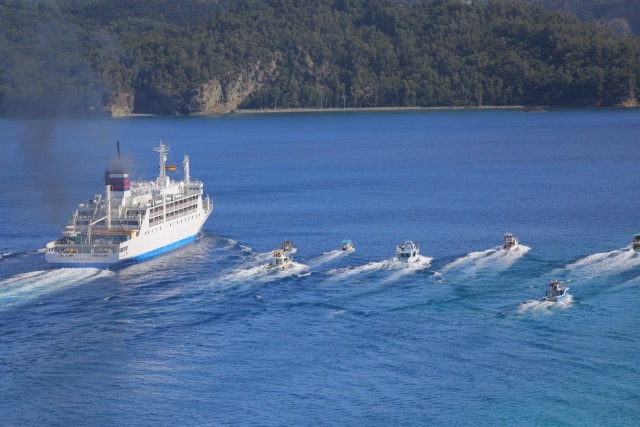
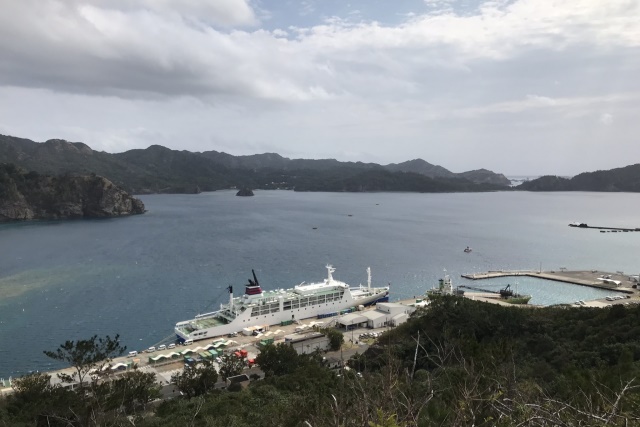
5.Map Information
The Ogasawara Islands are part of Tokyo Prefecture, located 1,000 km south of Tokyo. More than 30 islands exist, but only Chichijima and Hahajima are habitable. There are no airports, so the only means of transportation is by boat. With only one service per week and a journey time of 24 hours, it’s often called “Japan’s last unexplored region.” The climate is subtropical, allowing you to enjoy a southern atmosphere similar to Okinawa throughout the year.
